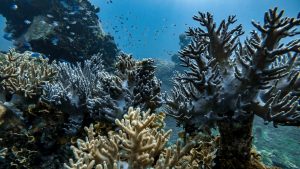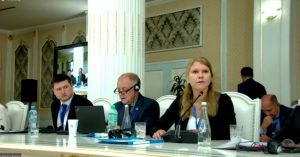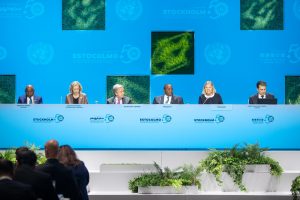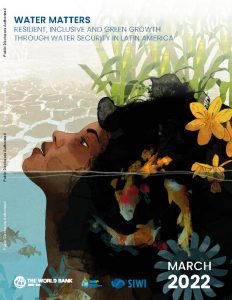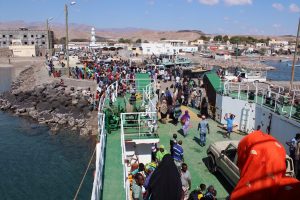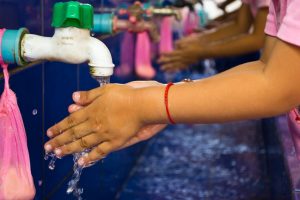- SIWI – Leading expert in water governance
- /
- Latest
- /
- Uganda establishes Action Plan to achieve human right to water and sanitation for all
Uganda establishes Action Plan to achieve human right to water and sanitation for all
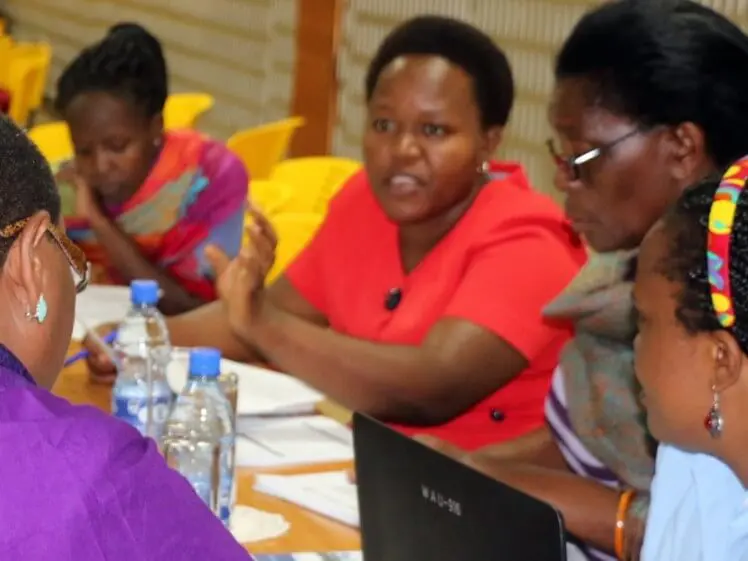
In a yearlong country mapping exercise, led by WaterLex and WaterAid Uganda and supported by WGF, the main challenges and opportunities to fulfilling the Human Right to Water and Sanitation (HRWS) in Uganda were identified and analysed. The findings and recommendations derived are valuable insights which can contribute to more focused and rapid progress towards the achievement of universal access to water and sanitation in Uganda and beyond.
The Human Right to Water and Sanitation is intrinsically linked to a number of other human rights and the new SDG on Water (Goal 6) calls upon governments to achieve universal access to safe drinking water by 2030. Yet, many countries struggle to know what issues to address first and how to adapt their strategies and regulations to meet the conditions of the Human Rights principles.
To support the Ugandan government to gain a better understanding of the main challenges to fulfilling the HRWS in Uganda, WGF took part in the mapping of the legal and policy framework and the implementation and monitoring of the framework. The mapping was led by WaterLex and WaterAid Uganda in close collaboration with the Ugandan Ministry of Water and Environment (MWE). Work included a thorough legal analysis and literature review, field research in five districts plus interviews with CSOs, communities, water user’s committees and government officials.
In a sector inclusive workshop representatives from the MWE, civil society and other ministries and Uganda’s Human Rights Commission established an Action Plan based on recommendations derived from the mapping. The principles of the Action Plan include:
- Harmonization of the legal framework, national standards and benchmarks for the water, sanitation and hygiene sector with the HRWS norms and SDG target to improve monitoring of progress;
- Conduct a baseline analysis with disaggregated data to identify unserved or underserved areas and groups;
- Develop a national strategy for the progressive realization of universal access to safe water and sanitation with clearly defined targets;
- Improve accountability by e.g. expedite the process of setting up an independent regulator.
Overseen by the MWE working group the Action Plan and recommendations will serve to spur progress and ensure that it reaches the most vulnerable and unserved groups of the population. And hopefully serve as inspiration for other countries struggling with similar challenges.
For more information about the project please visit WaterLex’s website where you also can download the full project report with all of the findings.


